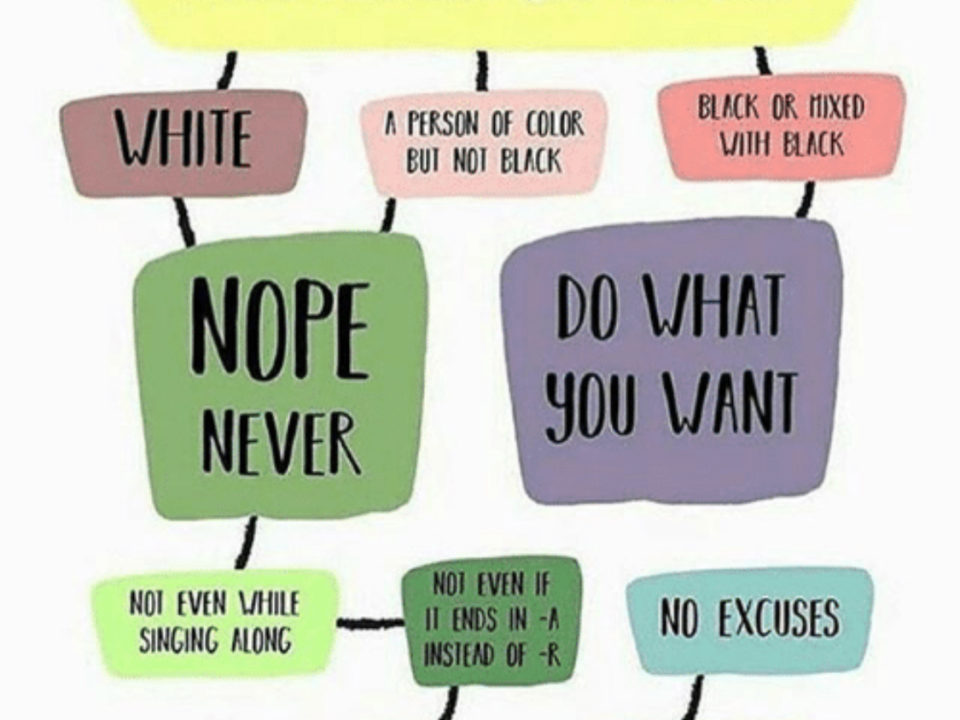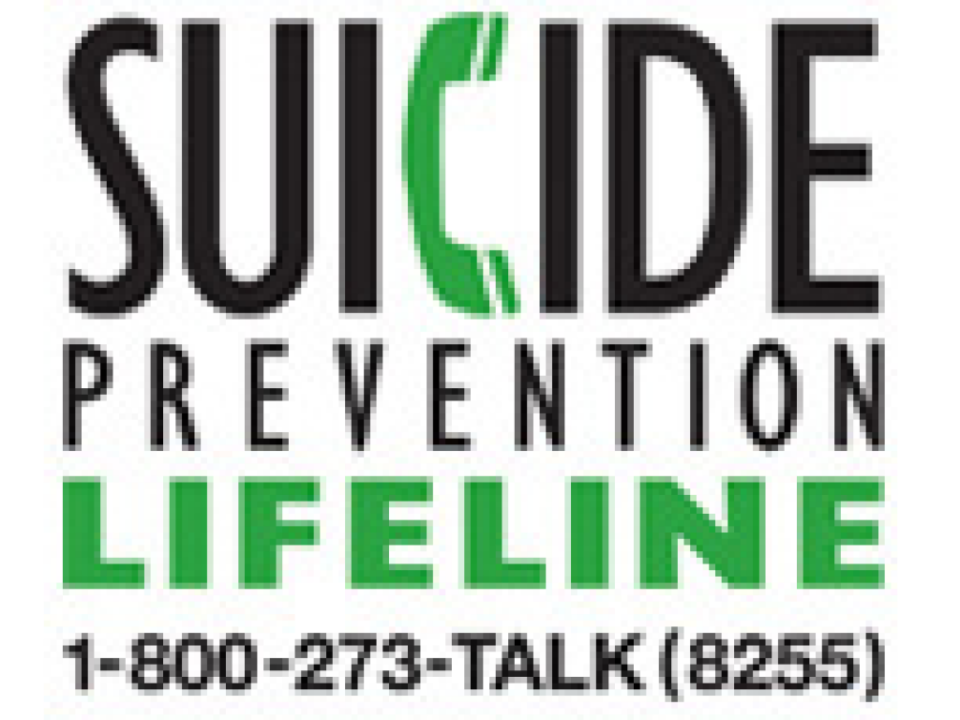Over the Labor Day weekend, a mother called 911 as her sons tried to kill her and her husband. As a parent, having to make such a call is all of our worst nightmare. I sat down with Jon Sherik of 11 Alive news to discuss the tragedy. While there are very little details available to us about this family and this specific incident, information available to us at this point show no history of violence for the parents or the children, neighbors that say they were a great family, a full football scholarship to college for the older brother, and children who did well in school. So the question remains, why? It is of course the question to which all of us want to know the answer -- how could this have happened? And could it happen to my family?
Unfortunately, at this point we do not have the answer. But what we do know is that the apparent suddenness of this crime is baffling. Most often we can look into the early childhood and see difficulty, or with 20/20 hindsight notice changes that were evident during childhood or adolescence that could have raised a red flag. As a physician with specialties in psychiatry and addiction medicine, I can often identify these red flags for parents of late adolescents and young adults who are seeking my care -- red flags that commonly have been present for weeks, months, even years before. So while we are waiting for answers about this tragedy, and for the parents' peace of mind as well as our own, I hope they will come, one thing we can do is to err on the side of caution when it comes to our own children and adolescents. At the time we start to see personality changes, abnormal amounts of anger or sadness, falling grades in school, difficulties with relationships both inside and outside of the home, we want to reach out for help. We often think this is just a phase, or adolescents are just angry (which can be true), but sometimes it may be more. For this reason, I encourage parents to seek help in response to the first twinge that something may be going on.
I did a webinar for the Let's Get Mentally Fit campaign about this very topic called "Never Too Young To Get Mentally Fit." I would recommend watching it and (as scary as it is), thinking about the adolescents you have in your life. Have you noticed a change? Have you talked yourself out of a gut feeling of worry about them? If so, take the steps to get help -- guidance for how to do so is in the webinar as well.
As we learn more about this tragedy, hopefully insight will come about the why of this tragic situation, so that we can use it as a learning experience to prevent future incidents both in our own families, but also in our communities at-large.




